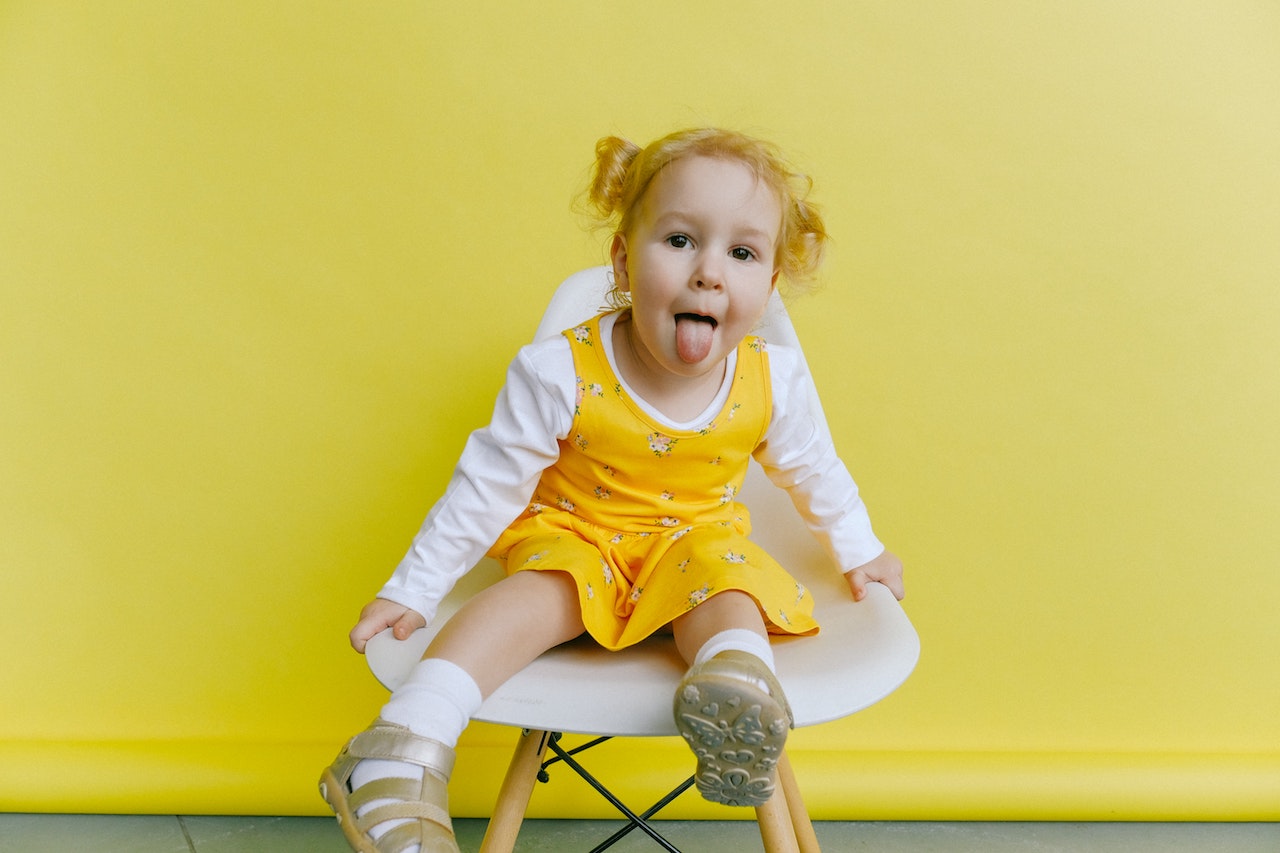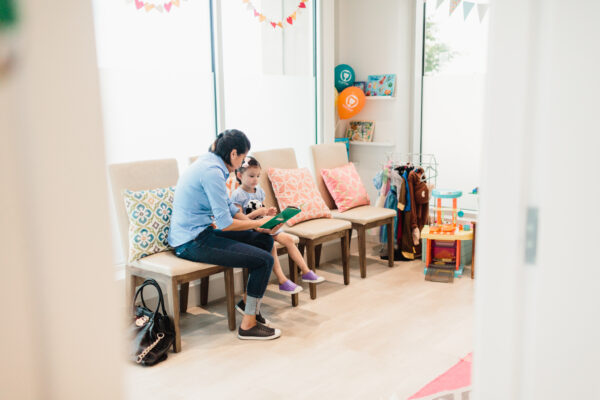Many parents are curious about the timing of their child’s baby teeth eruption and loss. The first instinct is to ask is “is my child losing baby teeth prematurely?” It’s common to worry if a baby tooth is lost early or if the sequence and timing of tooth loss seem off schedule.
Typically, the process of losing baby teeth spans about six years, starting around age six when the first tooth usually begins to wiggle. This natural loosening and falling out of baby teeth is essential to make room for the permanent teeth. Remember, while there’s a general timeline, each child’s dental development can vary slightly.
Losing Baby Teeth Prematurely
In some cases, children begin to lose their teeth as early as four years old. We don’t consider this to be premature, but there are things to keep an eye on. In this case, your child’s baby teeth most likely erupted early and are actually on schedule. Your child’s’ teeth usually fall out in the same order they erupted. Click here to book a dental appointment.
Tooth Eruption Sequence and Tooth Loss Sequence
The first baby teeth to erupt are the two bottom front teeth, then the top front teeth. You should expect the same sequencing when the teeth begin to fall out. Learn more about teeth eruption.
Potential Issues With The Loss of Baby Teeth
If the baby tooth or teeth lost is not in the correct order, then keep an eye on this tooth or teeth. There are potential issues of the tooth not replaced by a permanent tooth or teeth within three months.
Crowding Issues:
Remember, the baby teeth hold a spot for the permanent tooth until the adult tooth is ready to erupt. A tooth that falls out too early needs to be replaced within three months; if not, the underlying teeth can begin to crowd. You will see that the permanent teeth will come in crooked. Sometimes adult teeth come in before baby teeth are lost, creating what looks like two rows of teeth. This issue is usually temporary, yet in either case, if the permanent tooth does not come in on time and or if the second row of teeth persists, then schedule a dental appointment.
Premature tooth loss from an accident or tooth decay:
Sometimes, a tooth falls out prematurely because of a traumatic event or tooth decay. In this case, a space maintainer is put into place to preserve the space for the permanent tooth.
Basic tooth eruption details:
- A general rule of thumb is that for every six months of life, approximately four teeth will erupt.
- Girls usually precede boys in tooth eruption.
- Lower teeth typically erupt before upper teeth.
- Teeth in the top and lower jaws erupt in pairs — one on the right and one on the left.
- The color and size of permanent teeth are different than primary teeth. Temporary teeth are smaller in size and much whiter in color.
- Expect all primary teeth erupt by the time a child is 2 to 3 years of age.
Baby Teeth Are Important
Baby teeth play a crucial role in your child’s development by aiding in the easy chewing of food, which is vital for nutrition, and they assist in speech development. These first teeth also act as placeholders, ensuring there’s enough space for permanent teeth to erupt correctly. Proper care of baby teeth is essential not only for immediate oral health but also to prevent future dental issues.
For instance, early tooth decay can lead to infections or premature loss, potentially causing misalignment of permanent teeth. Therefore, understanding how to care for baby teeth from the moment they appear is fundamental for long-term dental health. Regular brushing with fluoride toothpaste, avoiding excessive sugary foods, and scheduling early dental visits are key practices to maintain the health of these important first teeth.
Book A Dental Appointment

As with adults, your child needs to get their teeth cleaned and a dental checkup every six months. Kids should start going to the dentist soon after their first tooth erupts or around their first birthday, whichever happens first. Click here to book a dental appointment.
